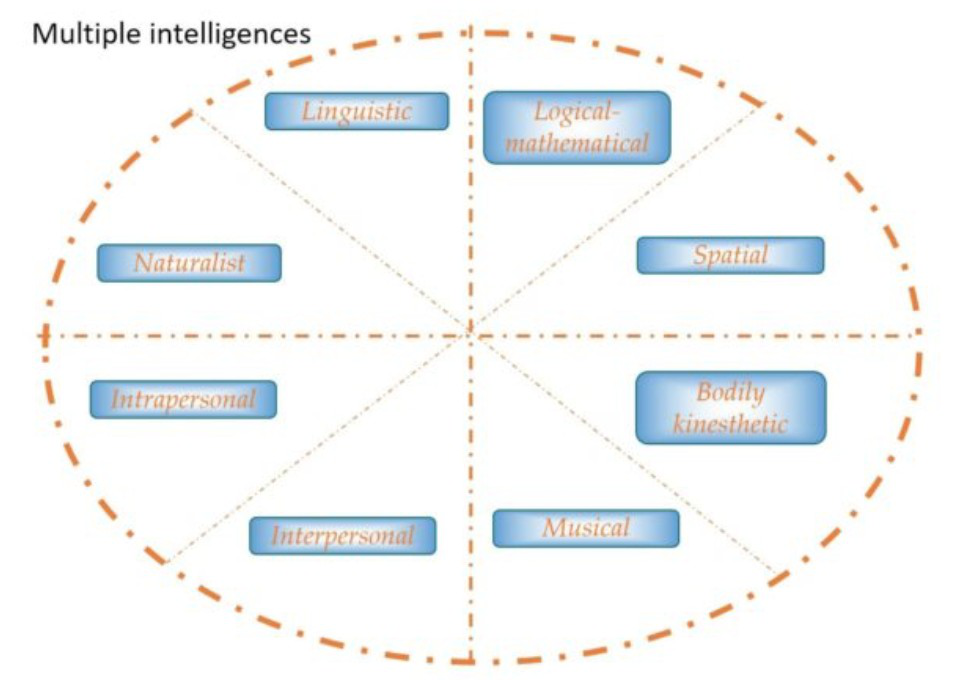Experiential learning theory david kolb
HS5405 – Week 2
Lecture – Models of Learning for the Clinical Context
1. Constructivism, social constructivism – Vygotsky, Lave and Wenger 2. Novice to expert – Dreyfus model
3. Adult learning Theory – Malcolm Knowles
4. 3P model – John Biggs
5. Experiential learning theory – David Kolb
6. Multiple intelligences – Howard Gardner
7. Implications for learning and teachingLave and Wenger
- Learning involves a deepening process of participation in a community of practice - More than experiential learning
- Learning is a social process -
-
Communities of practice have become an important focus within organisational development and have considerable value when thinking about working in the health context.As a teacher you need to provide scaffolding for student learning.
- 5 stages of learning competencies – Novice, advanced beginner, competent,
proficient, expert.
understanding/focus, active decision making
o Proficient – in context, big picture, systems thinking, important vs irrelevant,
-
Adult learning theory – Malcolm Knowles
o Role of learners’ experience
o Readiness to learn - motivated
3 P model
John Biggs
Presage – before learning takes place (prior knowledge, motivation, learning context) Process – during learning (deep vs surface)
Product – Outcome of learning (quantitative - fact, qualitative – structure transfer), affective – involvement)Deep vs surface learning
The novice would be a lot more by the book and may be more safe because of this, however the expert would have the experience to have honed their skills to be able to have a greater success in the skill they are trying to achieve.
2. Think of a skill that is required in your health profession area. List the skills and behaviours of an expert. Now list the entry skills and behaviours for a novice learning this skill. Compare the two lists
a. Talking to patients. Able to actively listen. Ask relevant and appropriate questions. Be empathetic when needed. Be firm when needed. Multi-task.d. They need more encouragement
e. They need to be given the opportunity to focus on the one taskExperiential Learning Theory – David Kolb
- Learning the process whereby knowledge is created through the transformation of experience. Knowledge results from the combination of grasping and transforming experience.

1. Linguistic (word smart, uses spoken word)
2. Logical-mathematical (uses number, logic reasoning, classifications, critical thinking) 3. Spatial (picture, image, visualisation, colour, metaphor, visual organisers)
4. Bodily-kinaesthetic (whole body, hands on experience)
5. Musical (music or environmental sounds, set key points in a rhythm or melody) 6. Interpersonal (people, social interactions, engage students in peer or cross group tutoring
7. Intrapersonal (self-knowledge, personal feelings or memories, students choices)- Numbers, logic
- Pictures, music
Mezirow – transformative learning
Schonn – reflective practitioner
- Learning has to be applicable to work, interest or need
- Focus on aspects that are immediately useful
- Variety of Modalities
- Variety of Styles
No not really.. maybe that I can learn in a lot of different ways
What have you learned about your learning preferences? Explain
different people to help them learn.
Activity 7 – Reflection: Novice vs Expert
Activity 8 – Discussion board
Read other posts. Write something new you learned in this module. Which learning theories best fit the way you think students learn in a clinical context? Tell us about how you like to learn.





